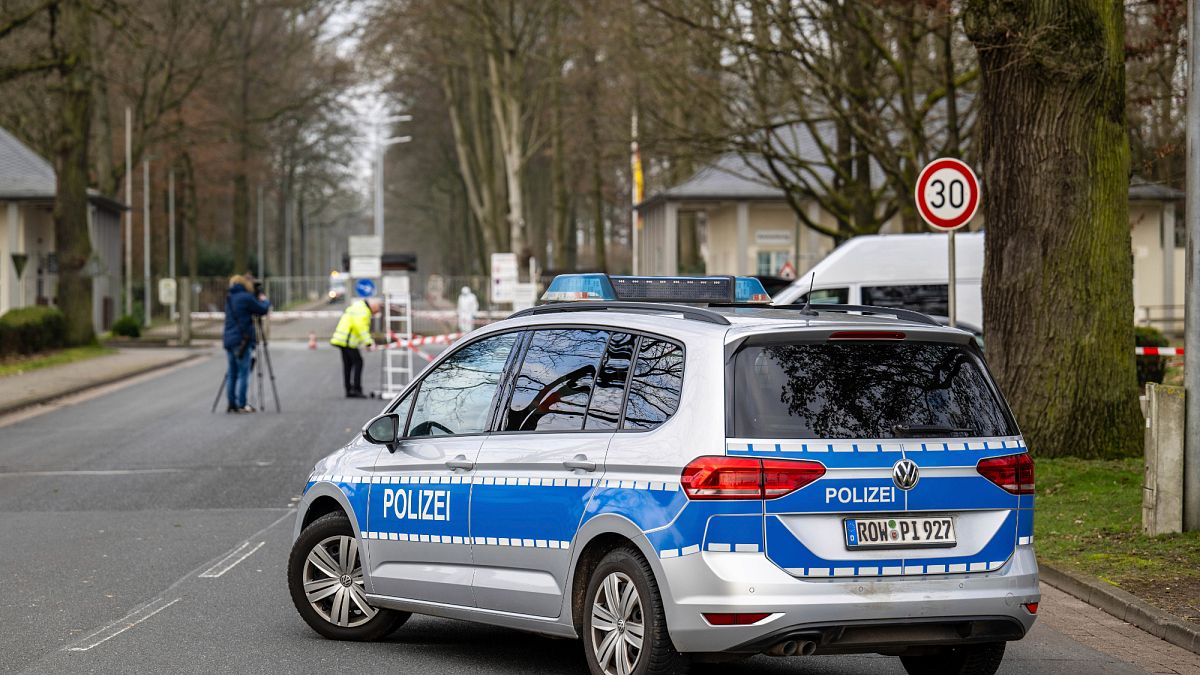

In a world often filled with bustling noise and rapid change, it is essential to take a moment and reflect on the unfolding stories that touch the lives of many. Recent events around the globe remind us of the challenges that our global community faces and the importance of mindful engagement with the information surrounding these events.
In Hamburg, Germany, prosecutors are delving into a distressing case involving a 20-year-old man accused of using the internet to manipulate young individuals. This individual faces 123 charges, including murder and rape. The case highlights the crucial conversation about the safety of digital spaces and the need to protect the vulnerable from online exploitation. It serves as a reminder of the importance of community awareness and collective vigilance in safeguarding our children.
Meanwhile, in Iraq, the city of Kut has been grieving after a devastating fire at a shopping center claimed the lives of over 60 individuals and left many others injured. As investigations proceed, the community grapples with the aftermath and searches for answers. Legal actions are underway to understand the cause and ensure accountability, underscoring the importance of safety standards and emergency preparedness in public spaces. In the face of such tragedy, the resilience of the human spirit often shines through as communities come together to support each other.
The Gaza Strip has also witnessed a recent tragedy with deeply profound impacts. At a food distribution site near Khan Younis, at least 20 Palestinians lost their lives in a stampede. Eyewitnesses and health authorities reported that teargas or pepper spray was used amid chaotic surges as crowds gathered, desperate for aid. This event, overseen by the Gaza Humanitarian Foundation, has drawn attention as the foundation references conflicting claims about the cause of the incident. These unfortunate events bring to light the complexities involved in humanitarian aid distribution, emphasizing the pressing need for coordination and calm during such critical scenarios.
Turning our attention to Sudan, a crisis of another nature unfolds. The paramilitary Rapid Support Forces have been accused of inflicting heavy losses on civilians, with almost 300 people reportedly killed in raids on the North Kordofan region. Sudan’s ongoing internal conflict presents a formidable humanitarian challenge as the country navigates the turbulent waters of civil unrest. As this region continues to grapple with the harsh realities of war, the international community watches closely, underscoring the need for diplomatic solutions and sustained humanitarian assistance.
Each of these stories embodies the complex tapestry of global events, urging us to seek understanding and cultivate empathy. As individuals and societies, these challenges call us to action—not from a place of sensationalism, but from one of earnest humanity and thoughtful reflection. By acknowledging these events and the lives affected, we become more grounded in our shared responsibility for the welfare of our fellow human beings.
These narratives are not merely tales of tragedy but also serve as a testament to human resilience and the potential for change. In the face of adversity, communities find strength in unity, and societies seek ways to improve and ensure that such tragedies are not in vain. At this moment, departments, authorities, and organizations worldwide are engaging with these stories, looking for lessons and striving to build safer, more compassionate societies for the future.
In closing, as we resonate with these stories, let us remember the silent power of collective intention and the steady resolve of communities around the world. In a time marked by uncertainty, our focus on compassion and understanding is more meaningful than ever. Reflecting on these events mindfully and peacefully allows us not only to empathize but also to find in them an opportunity for collective growth, resilience, and a hopeful path forward.
Source: {link}
